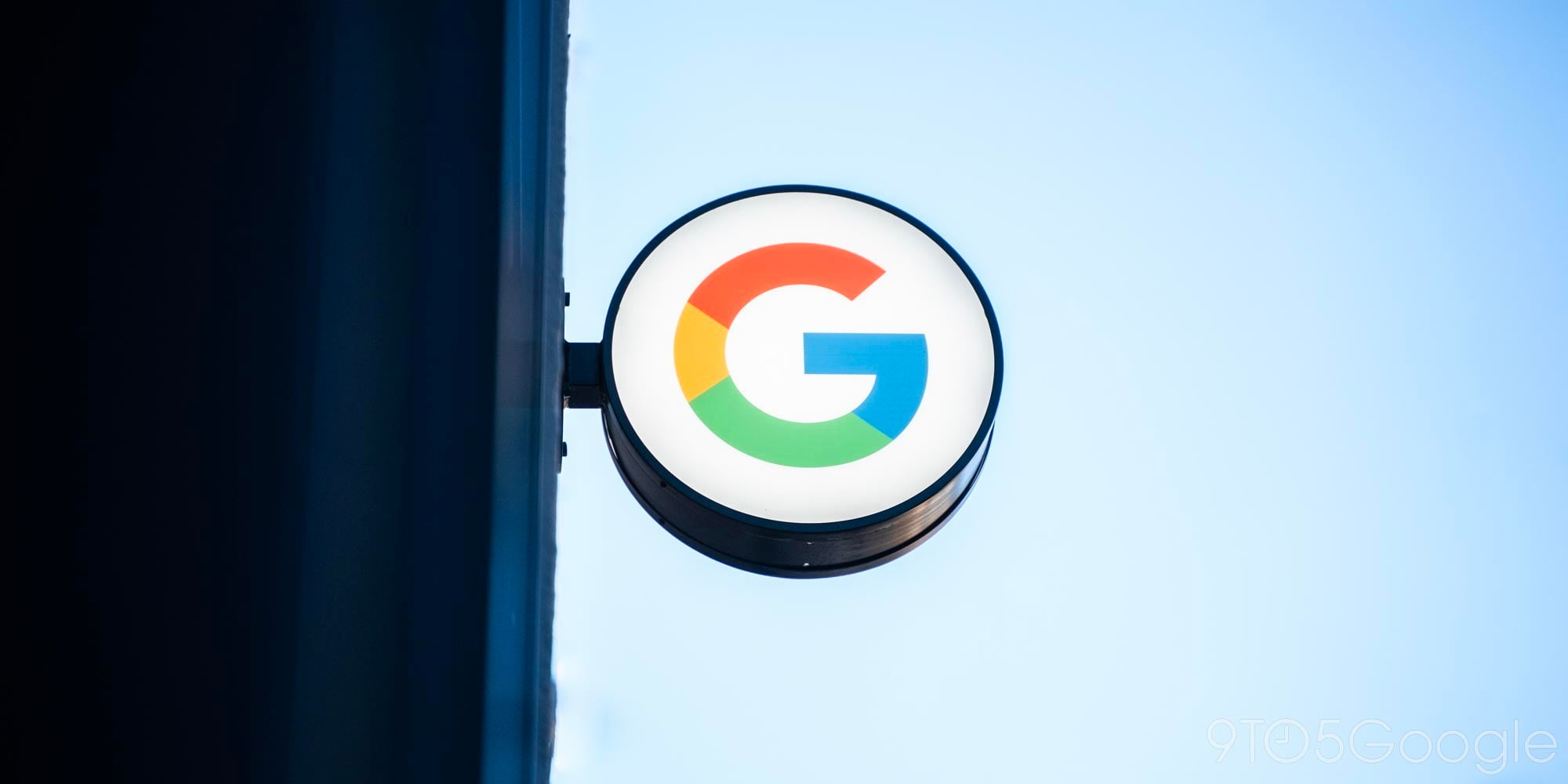
Magic Leap is one of the most hyped augmented reality efforts today, and likely the best-funded startup. Its first headset shipped in August 2018, and a new report today pegs Magic Leap One shipments as not hitting sales targets.
The Information today published an in-depth report about Magic Leap’s state of affairs. Most notable is how it apparently only sold 6,000 Magic Leap One Creator Edition headsets in the first six months.
Priced at $2,295, buyers get a “Lightwear” headset that connects to a puck-shaped “Lightpack” computer worn around their waist. CEO Rony Abovitz reportedly had an initial goal of 1 million devices in the first year before settling with 100,000.
With a roughly 50-degree field of view, it’s powered by an Nvidia Tegra X2 processor with 8 GB of RAM and 128 GB of storage. The NVIDIA Parker SOC features 2 Denver 2.0 64-bit cores + 4 ARM Cortex A57 64-bit cores on the CPU front, and an NVIDIA Pascal GPU.
Magic Leap Two is reportedly on the horizon with such features as a wider FOV, higher-quality graphics, and greater depth perception. It could also support 5G connectivity while coming in a smaller and lighter package that sports different colors, versus today’s black.
While being prototyped today, a launch might be several years in the future due to development issues. A headset with minor upgrades could come in the near term. The secretive company refuted the Information’s report on Magic Leap One sales, but did not provide any firm details.
Google was an early backer, with Magic Leap raising $2.6 billion from several investors. In 2018, Sundar Pichai left Magic Leap’s board due to his busy schedule, and was replaced by Google mapping VP Jen Fitzpatrick. Earlier this week, Abovitz thanked Larry Page and Sergey Brin for early support, and congratulated the new Alphabet CEO. He also said “some cool stuff” was coming next week before this report published.
Thank you to Larry and Sergey – they gave us our first major support as a company – and congratulations to @sundarpichai on the new role 🙏
— Rony Abovitz (@rabovitz) December 4, 2019
FTC: We use income earning auto affiliate links. More.



Comments